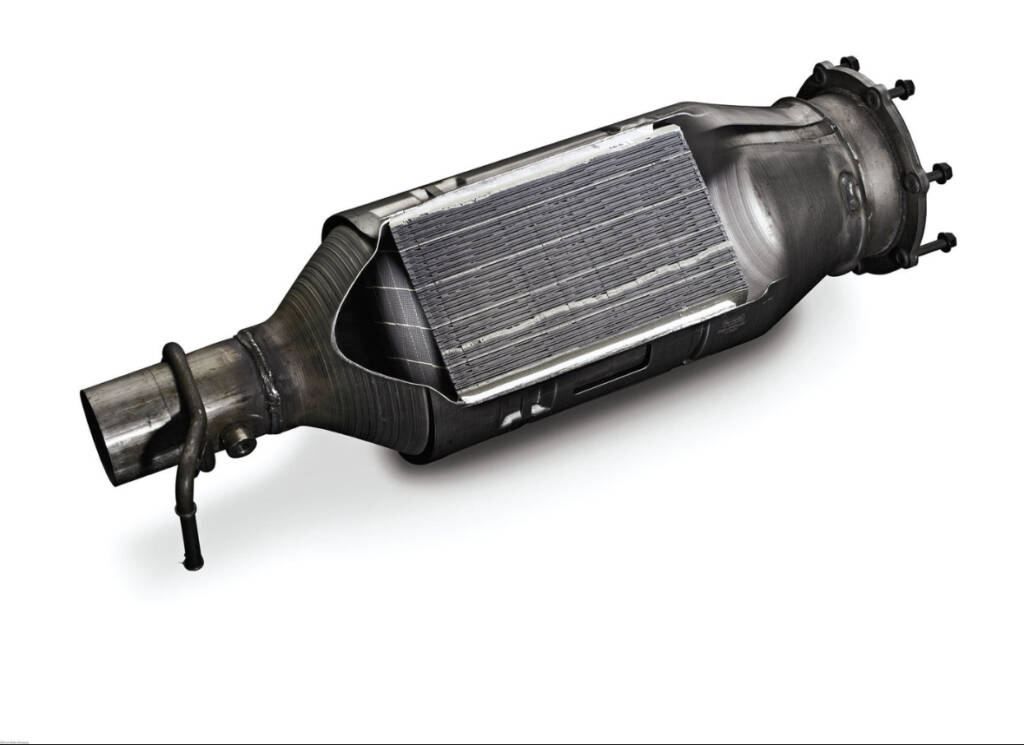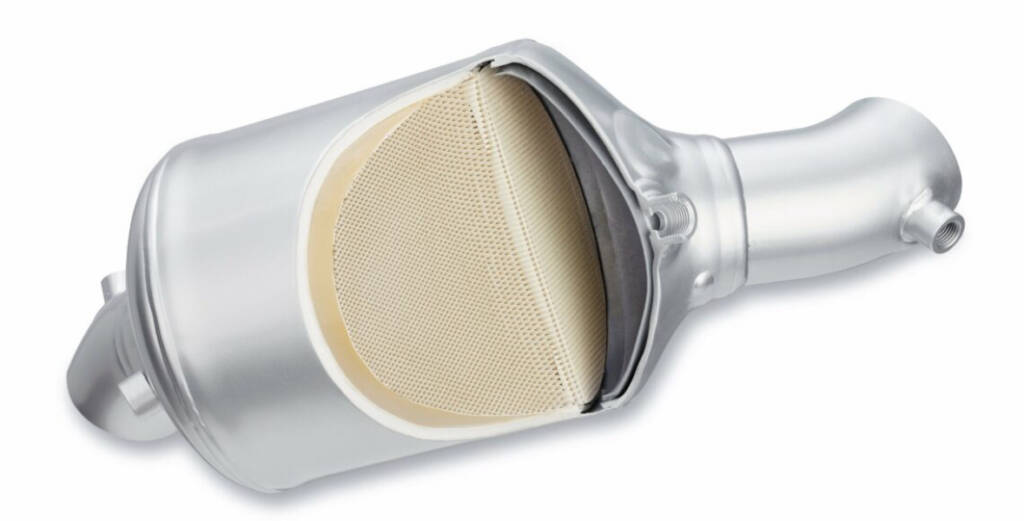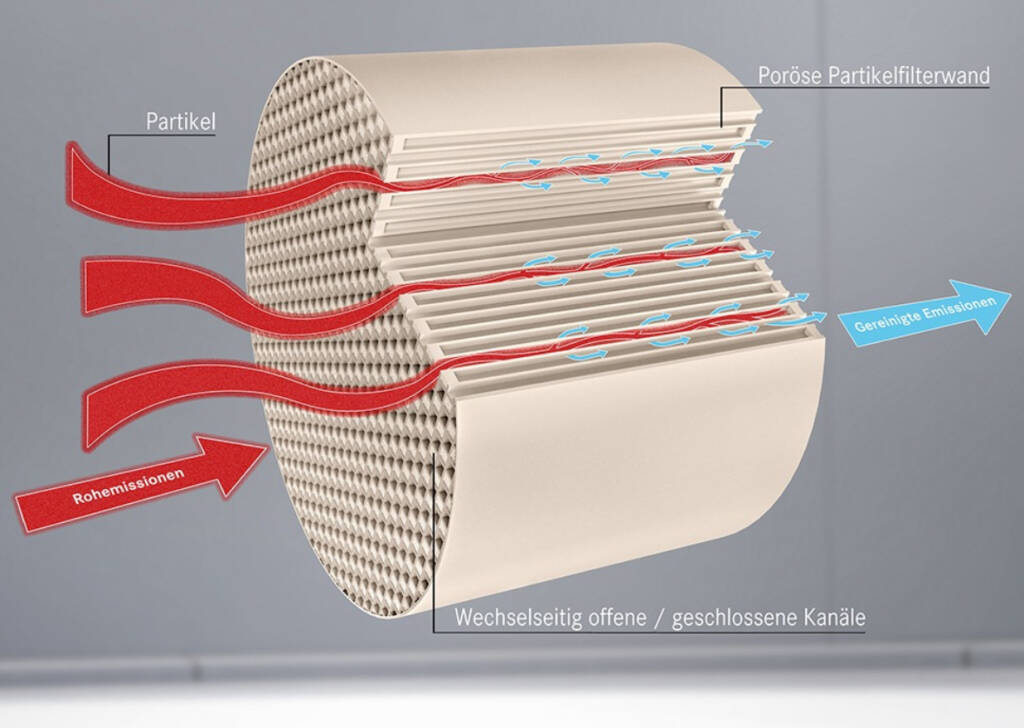Emissions tests for diesel and petrol engines: What you should know
Welcome back to the Garage KI GmbH blog! In this article, we will provide you with comprehensive information about the exhaust gas tests for diesel and petrol vehicles. These tests are not only an essential part of vehicle maintenance, but are also required by law to reduce the environmental impact of exhaust gases.
What are emissions tests and why are they important?
An emissions test is used to check the pollutant emissions of a vehicle and ensure that they comply with the legally specified limits.
This is not only a measure to reduce environmental pollution, but also contributes to the health of all road users. High emission levels are harmful to air quality and can result in expensive repairs or fines if not addressed in time.
Emissions tests: Differences between diesel and gasoline engines
The exhaust gases from diesel and petrol vehicles differ in their composition, which is why the tests also vary slightly:
•Diesel vehicles: Diesel cars typically emit more particulate matter and nitrogen oxides (NOx). The test therefore focuses particularly on these pollutants.
•Petrol vehicles: With petrol vehicles, the main focus is on the carbon monoxide (CO) and unburned hydrocarbons (HC) content. These substances are produced by incomplete combustion and can be increased by defective catalytic converters.
Regardless of the drive type, the aim of the test is always to ensure that your vehicle operates efficiently and in an environmentally friendly manner.

How does an emissions test work?
The process of an emissions test is divided into several steps:
1. Measurement of exhaust gas values: A test device is connected to the exhaust system to measure the pollutant emissions.
2.Idle and speed test: The exhaust gases are analyzed both at idle and at increased speed.
3. Checking the catalytic converter and particulate filter: Especially in diesel vehicles, it is checked whether the diesel particulate filter (DPF) is functioning properly.
4. Test report: After completing the test, you will receive a report with the measured values. If the test is passed, your vehicle will be approved for further operation.
Legal requirements for emissions tests
The emissions test is part of the regular general inspection (HU) and has been mandatory again since 2018 as a tailpipe measurement. This means that the emissions values are measured directly at the exhaust system - regardless of whether the vehicle has on-board diagnostics (OBD).
emissions test intervals
•Cars: All vehicles must undergo an emissions test at least every two years as part of the MOT.
•New vehicles: The first inspection is due after three years.
limits and consequences
The limits for exhaust gases depend on the emission standard of your vehicle (e.g. Euro 6, Euro 5). If the measured values exceed the permissible limits, the vehicle will not receive a sticker and must be repaired before it is tested again.

Common causes of problems with emissions tests
If your vehicle fails the emissions test, there may be several reasons:
1.Defective catalytic converter or particulate filter: These components play a central role in reducing pollutants.
2.Dirty injection nozzles: Especially in diesel vehicles, clogged injection nozzles lead to higher pollutant emissions.
3. Defective lambda sensor: The lambda sensor measures the oxygen content in the exhaust gas and regulates the fuel-air mixture. A malfunction can increase emissions.
4.Software problems: In modern vehicles, a fault in the engine control system can also lead to increased exhaust emissions.

How to optimally prepare your vehicle
To ensure that your vehicle passes the emissions test, you can take the following measures:
•Regular maintenance: Have oil changes, filter cleaning and other maintenance work carried out on time.
•Fuel quality: Use high-quality diesel or gasoline to minimize residues in the engine.
•Cleaning the particulate filter: In diesel vehicles, regular regeneration of the particulate filter can help prevent problems.
Emissions tests at Garage KI GmbH: Your advantages
We at Garage KI GmbH offer you a fast, reliable and legally compliant emissions test. Our trained specialists use modern testing equipment and ensure that your vehicle passes the emissions test - and all this without any stress for you.
Our services:
•Comprehensive advice on your vehicle type
•Professional exhaust gas measurement
•Detailed diagnosis and repairs if necessary
•Transparent test report
Make an appointment now!
Don't wait until the next general inspection is around the corner! Make an appointment for the emissions test at Garage KI GmbH today. With us, you can stay safe and environmentally friendly on the road.
Your team at Garage KI GmbH – working for you and your vehicle!


